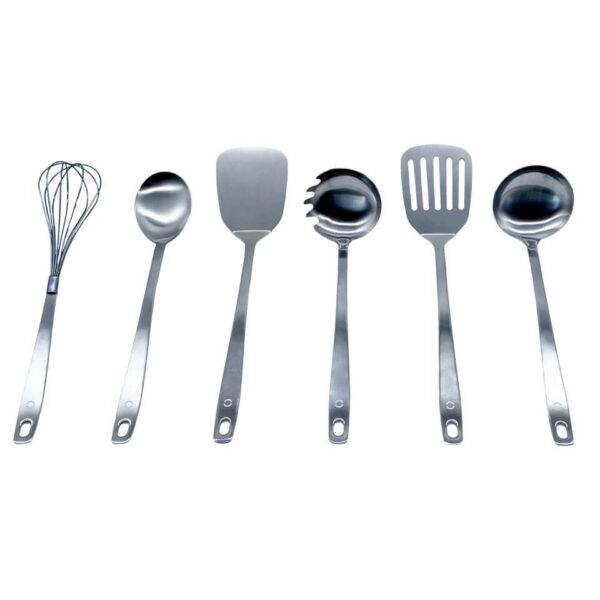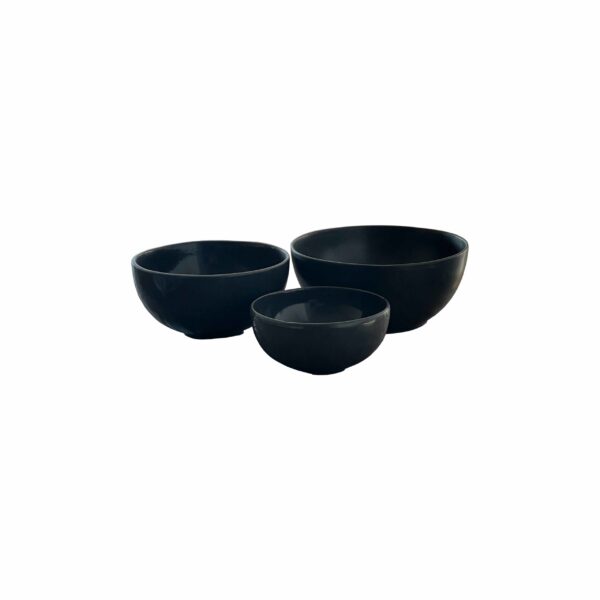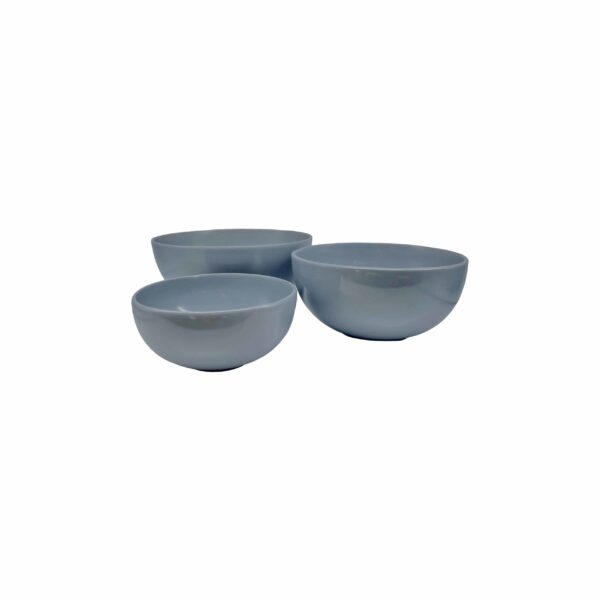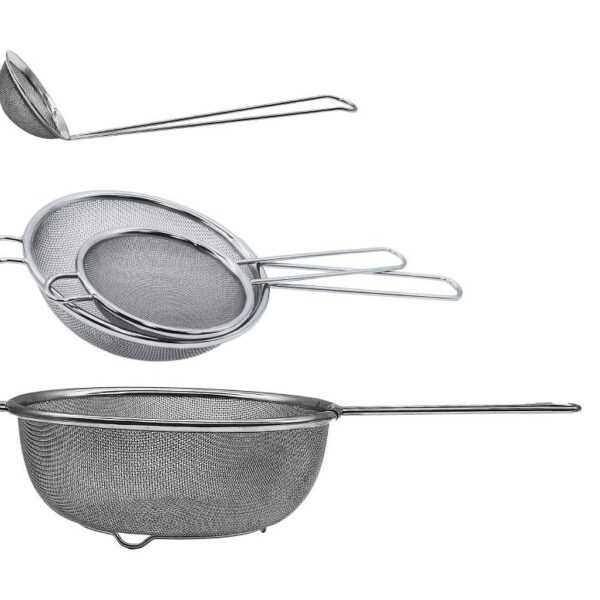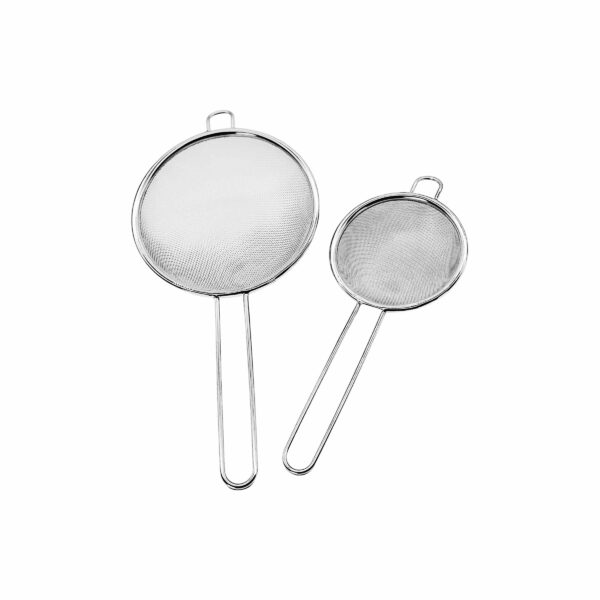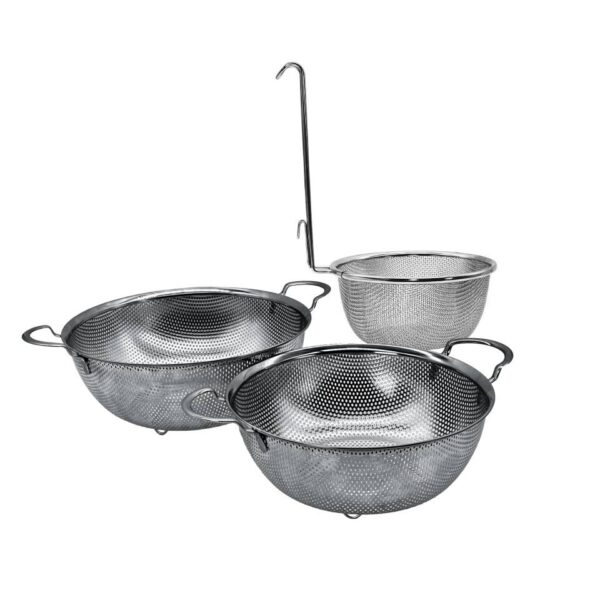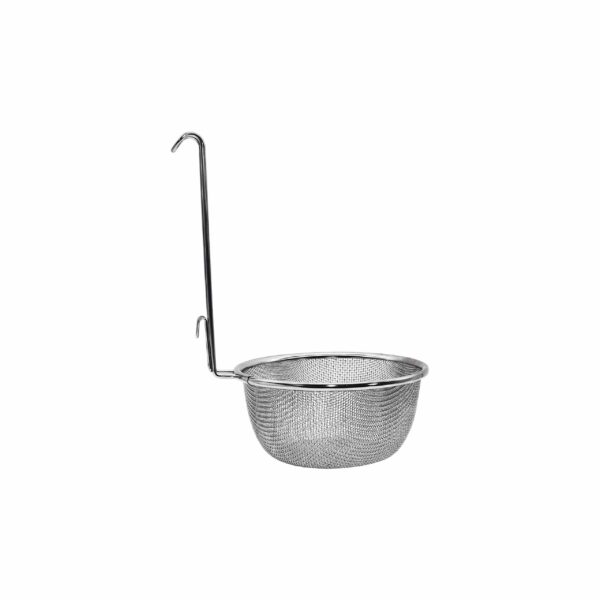Importance of minerals in health

Minerals play a fundamental role in the proper functioning of the human body. Although they are generally given less attention than other nutrients, such as vitamins or proteins, they are essential for numerous vital processes in our organism.
However, many are unaware of the purpose of minerals. Therefore, as at Kuoko we are committed to raising awareness about the benefits of a healthy diet, in this article, we will discuss the importance of introducing foods with minerals into your diet.
What are the purposes of minerals?

Minerals in the human body are essential for enjoying good health, as they contribute to the proper functioning of multiple activities.
In particular, minerals influence the formation of bones and teeth, muscle function, regulation of blood pressure, production of red blood cells, functioning of the immune system, and many other activities essential for health and overall well-being.
Types of minerals
Although it is true that it is not necessary to ingest a large amount of minerals compared to other nutrients, such as proteins, not consuming minerals can have very harmful effects on health, such as the onset of certain diseases, so it is important to introduce them into our diet.
However, some minerals are more important than others. Therefore, based on the amount we should take of each specific mineral, they are usually divided into two groups: macrominerals and microminerals.
Microminerals
Microminerals are those that we need, but in smaller amounts, such as iron, manganese, copper, iodine, zinc, cobalt, fluoride, and selenium.
Macrominerals
Macrominerals, on the other hand, are minerals that we need in more generous quantities. These include calcium, phosphorus, magnesium, sodium, potassium, chlorine, and sulfur.
Risks of mineral deficiency in the human body
These are some of the most common conditions that appear or are exacerbated by the lack of minerals in our body:
- Osteoporosis or dental problems. Calcium deficiency can lead to various health problems, such as osteoporosis, bone fractures, and some dental issues.
- Anemia. Iron is a fundamental component of hemoglobin, a protein that transports oxygen in the blood, so iron deficiency can lead to anemia, causing fatigue, weakness, and difficulty concentrating.
- Muscle weakness and headaches. Magnesium is essential for over 300 biochemical reactions in the body, including muscle function, blood pressure regulation, and protein synthesis.
- Skin problems. Zinc plays a crucial role in the immune system, wound healing, DNA synthesis, and proper functioning of the sense of taste and smell, making it essential to avoid serious skin problems.
Foods with minerals

There are several foods that are rich in minerals: fruits, vegetables, nuts, dairy products, legumes, some animal products such as seafood or sardines, and many cereals.
Therefore, the key to obtaining minerals in a healthy way is to follow a rich and varied diet, full of mineral-rich foods, without neglecting other nutrients.
Remember that the secret to a healthy life is to take care of all aspects of your diet and physical health. Healthy fats are just as important as minerals, so plan your diet with this in mind and try to introduce all kinds of nutrients into your meals.















